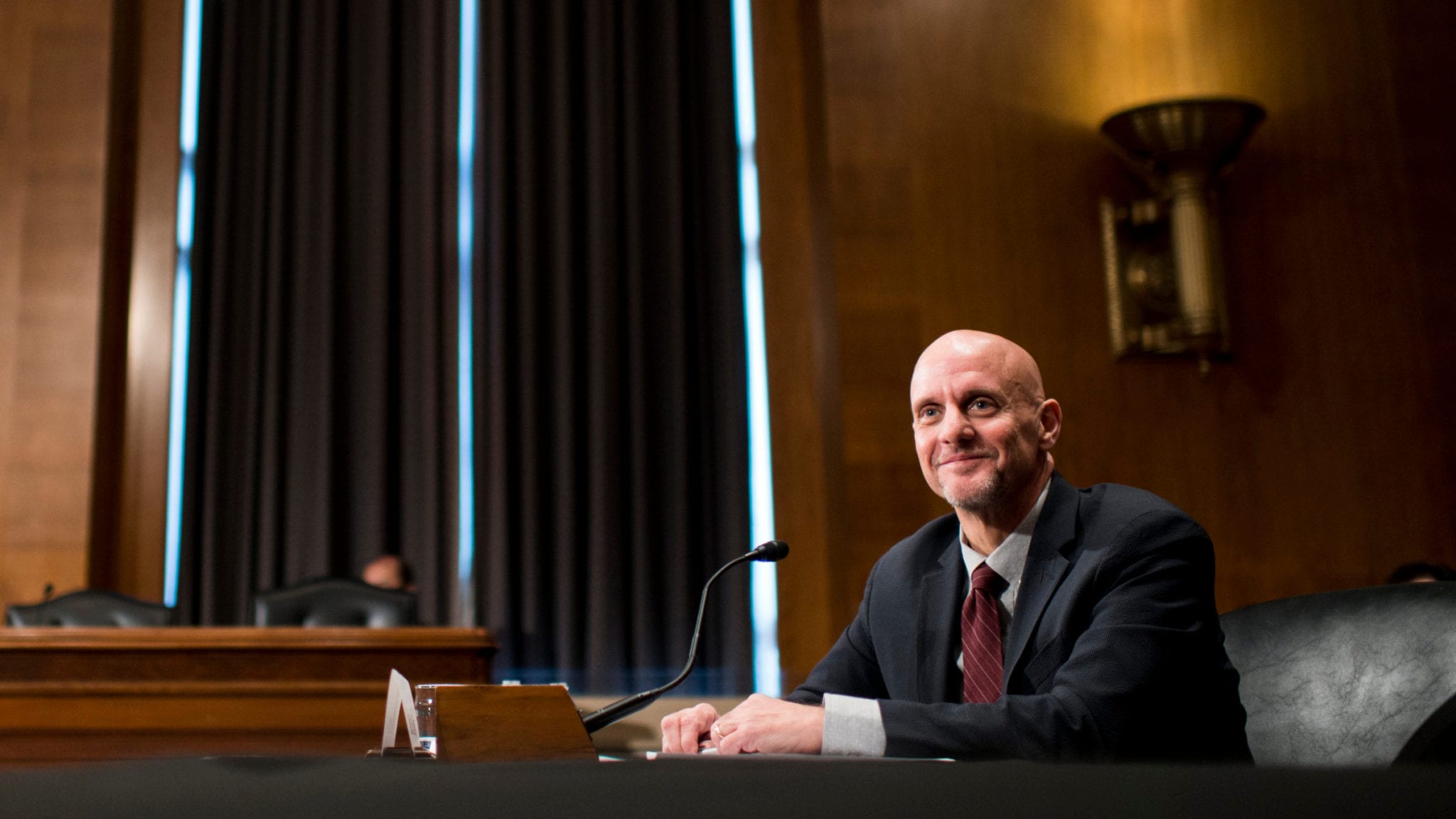
FDA commissioner Stephen Hahn (AP Images)
Stephen Hahn confirmed as new FDA chief
The Senate has voted 72-18 to confirm Stephen Hahn as the nation’s 24th commissioner of food and drugs, ushering in a longtime researcher and medical …
Sign up to read this article for free.
Get free access to a limited number of articles, plus choose newsletters to get straight to your inbox.